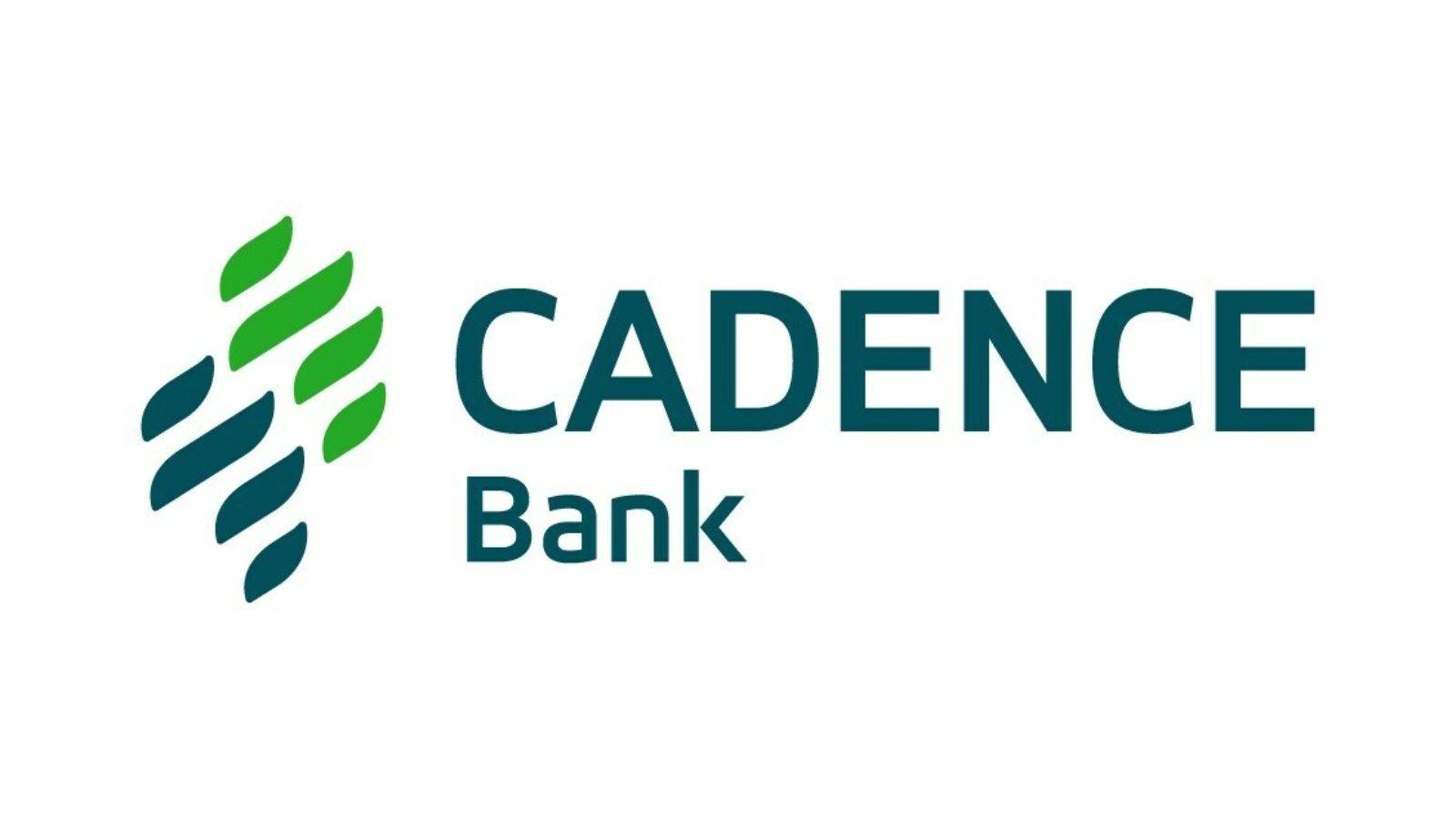In a world that has been transformed by the Covid-19 pandemic, digital payments have emerged as a convenient and secure alternative to traditional payment methods. And this trend is not limited to developed countries alone – even in Mauritius, digital payments are on the rise. With the increasing adoption of digital payment platforms and the government’s initiatives to promote a cashless economy, the future of digital payments in post-Covid Mauritius looks promising.
1. The Rise of Digital Payments
The Covid-19 outbreak has accelerated the adoption of digital payments in Mauritius. With restrictions on physical movement and the need to minimize contact, people have turned to digital payment platforms for their day-to-day transactions. Whether it’s paying bills, shopping online, or transferring money to friends and family, digital payments have become a convenient and safe option.
2. Convenience and Security
Digital payments offer unparalleled convenience and security. With just a few taps on a smartphone, one can make payments anytime, anywhere. This is particularly beneficial in a post-Covid world where minimizing physical contact is crucial. Moreover, digital payment platforms employ advanced encryption and security measures to ensure the safety of transactions, making them highly secure.
3. E-commerce Boom
The pandemic has fueled the growth of e-commerce globally, and Mauritius is no exception. As more businesses move online, the need for efficient and secure payment methods becomes paramount. Digital payment solutions like mobile wallets, QR code payments, and online banking have become the preferred choice for both consumers and businesses, as they provide a seamless and hassle-free payment experience.
4. Government Initiatives
The Mauritian government has recognized the importance of digital payments in building a resilient and inclusive economy. In 2020, the government launched a national QR code system, enabling merchants to accept digital payments using a common QR code. This initiative aims to promote the use of digital payments, boost financial inclusion, and reduce the reliance on cash transactions.
5. Contactless Payments
Contactless payments, which allow users to make transactions by simply tapping their card or smartphone on a payment terminal, have gained popularity in Mauritius post-Covid. This payment method not only minimizes contact but also speeds up the checkout process, making it more efficient for both consumers and merchants. With the necessary infrastructure in place, contactless payments are set to become the norm in the near future.
6. Mobile Wallets
Mobile wallets have become an integral part of the digital payment landscape in Mauritius. Users can load money onto their mobile wallet accounts and use them to make payments at a wide range of merchants, both online and offline. Mobile wallets offer convenience, flexibility, and enhanced financial control, making them a preferred choice for many Mauritians.
7. The Role of Fintech Companies
Fintech companies play a pivotal role in shaping the future of digital payments in Mauritius. These companies leverage technology to offer innovative payment solutions, such as peer-to-peer transfers, digital wallets, and online payment gateways. With their expertise and agility, fintech companies are driving the growth of digital payments and transforming the way people transact in Mauritius.
In conclusion, the future of digital payments in post-Covid Mauritius is bright. The pandemic has accelerated the adoption of digital payment platforms, and they have become an essential part of daily life. With the government’s initiatives to promote a cashless economy and the rise of e-commerce, digital payments are set to become the primary mode of transactions in Mauritius. As technology continues to evolve, we can expect even more innovative payment solutions that further enhance the convenience and security of digital payments.








Leave a Reply